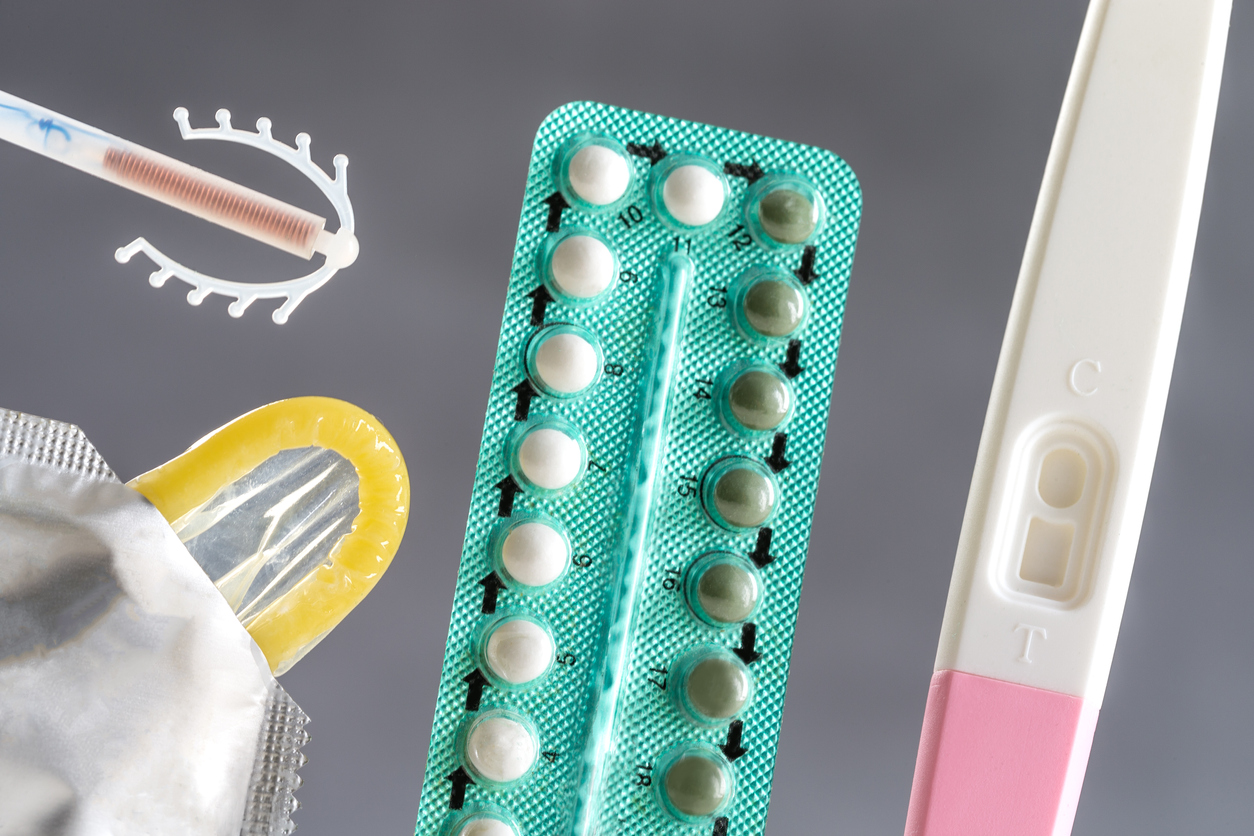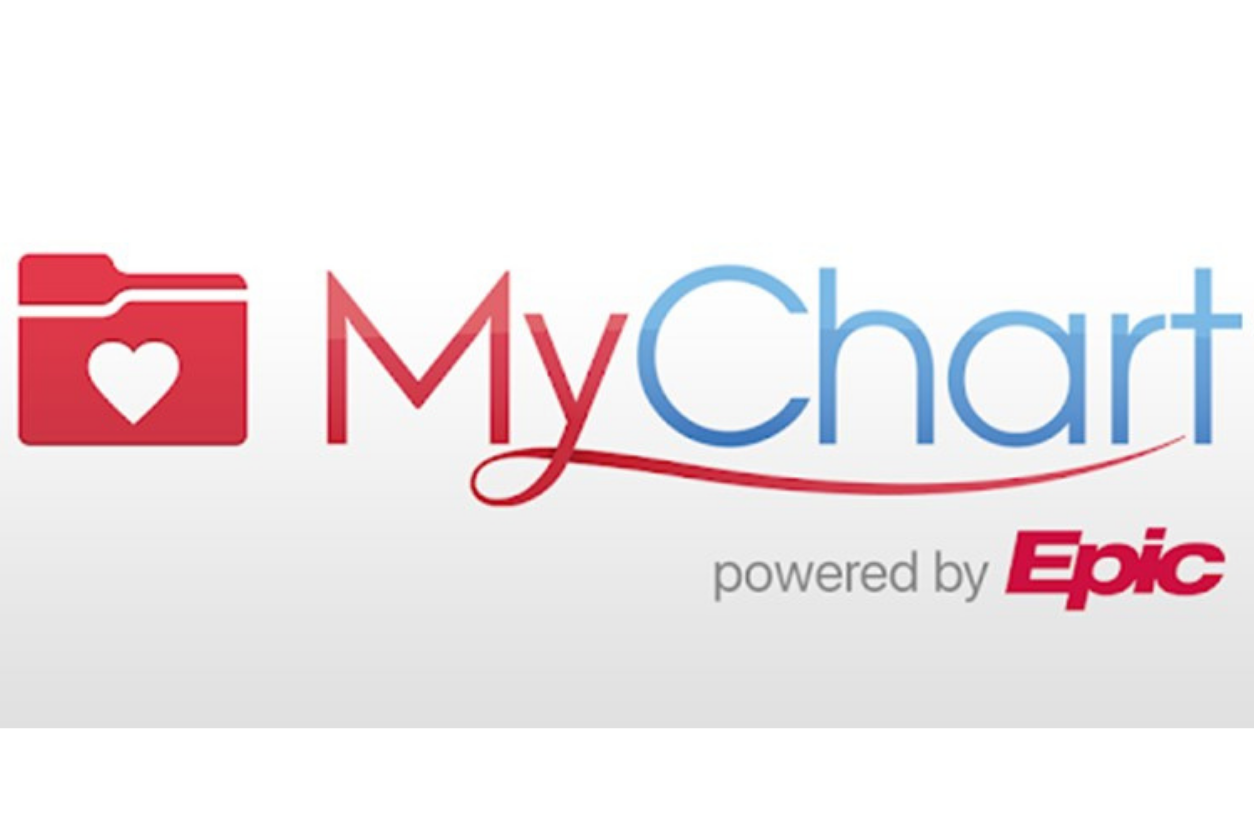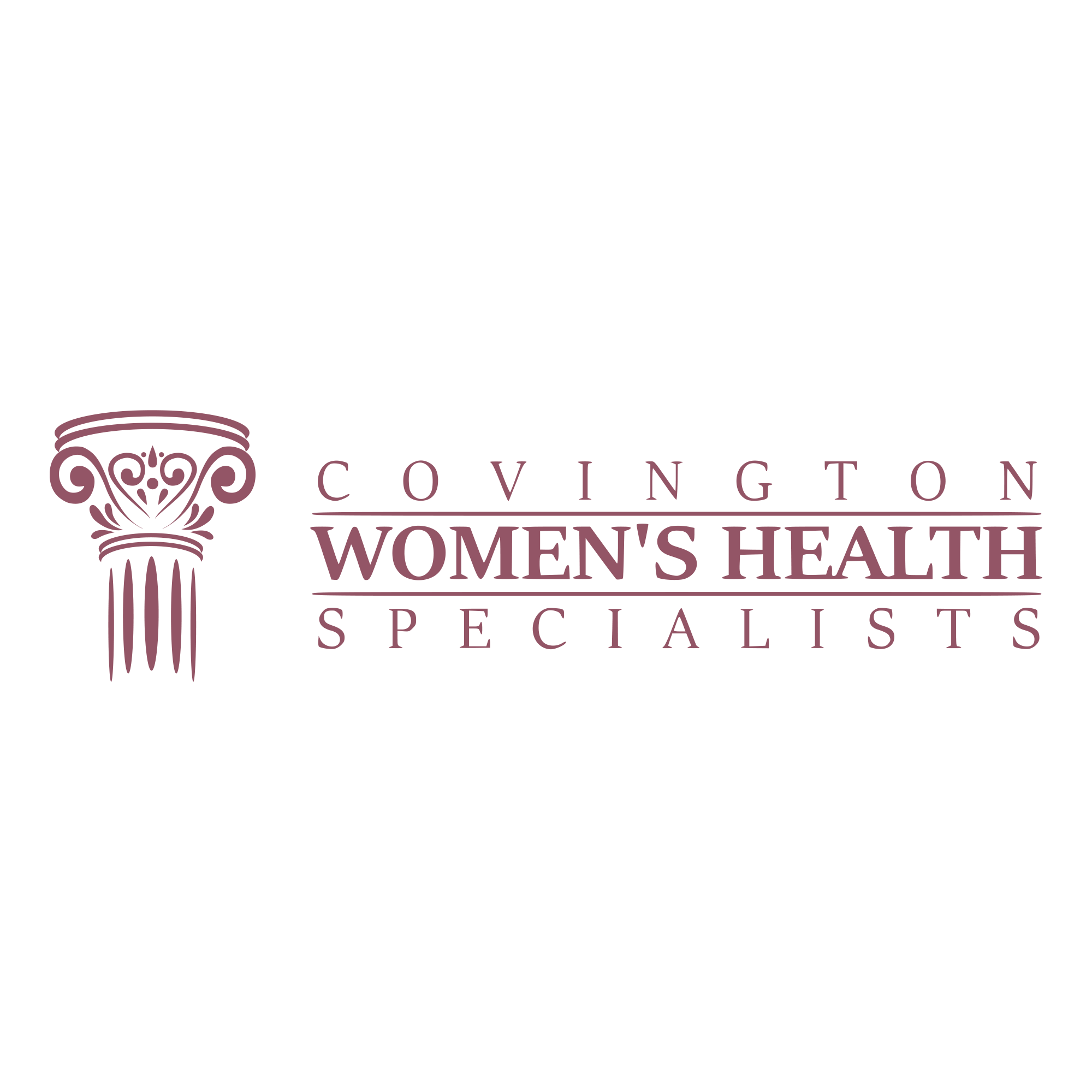What Is Polycystic Ovary Syndrome
With more than 200,000 cases in the United States per year, polycystic ovary syndrome (PCOS) is a common medical condition that impacts women and their ovaries.
The experts at Covington Women’s Health Specialists are explaining what is polycystic ovary syndrome, describing symptoms, and listing treatment options below!
What Is PCOS?
Known as a hormonal disorder, this medical condition commonly impacts women when they are in their reproductive years. Women who experience this disease usually have infrequent or long menstrual cycles, issues reproducing, and excessive male hormone levels.
While the exact cause of PCOS is unknown, there are some elements that scientists believe might be at the root of this condition. Those are:
- Excess androgen.
- Excess insulin.
- Heritage and family history of the disease.
- Low-grade inflammation.
What Are the Symptoms?
The following symptoms usually begin during a woman’s first menstrual period:
- Excess androgen, which causes:
- Increase in body and facial hair.
- Male-pattern baldness.
- Severe acne.
- Irregular periods.
- Polycystic ovaries, which are enlarged ovaries that surround the eggs.
How Is PCOS Treated?
If your doctor is able to positively identify that you have polycystic ovary syndrome, the treatment for this condition isn’t necessarily to get rid of the condition. It’s more focused on fixing certain symptoms.
Here are treatment plans that go along with having polycystic ovary syndrome:
- Laser treatments, such as electrolysis.
- Lifestyle changes, such as increasing daily exercise or restricting certain foods from your diet.
- Medications, such as birth control pills.
- Progestin therapy.
If you have any more questions, reach out to the women’s health experts at Covington Women’s Health Specialists by clicking here or giving us a call at 770-385-8954.
















